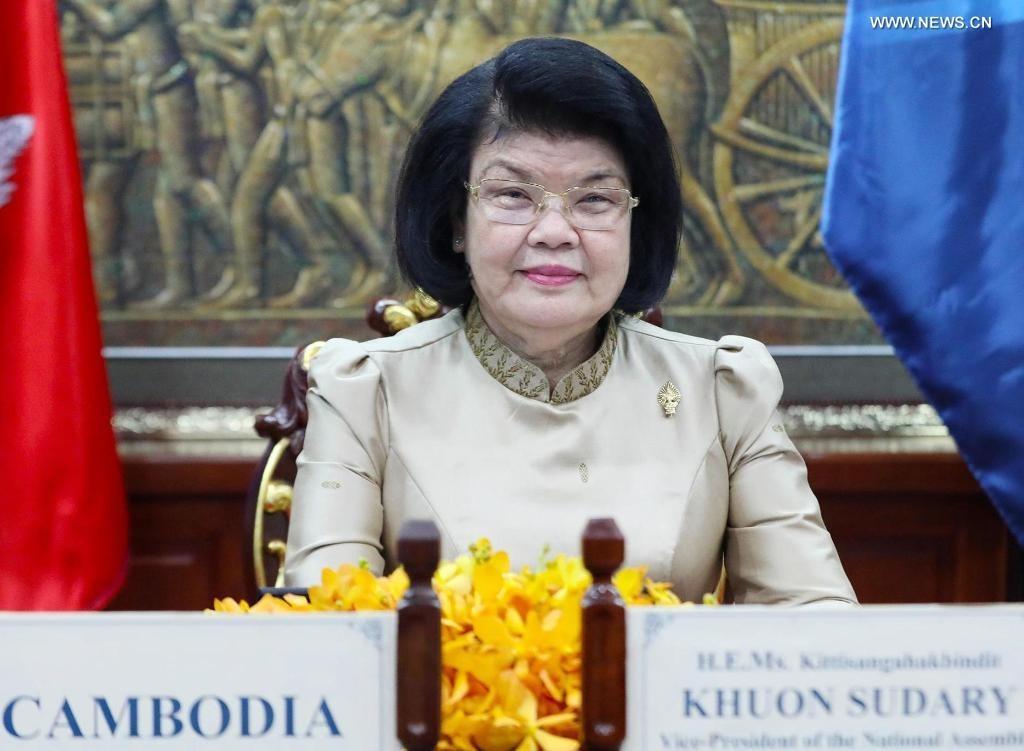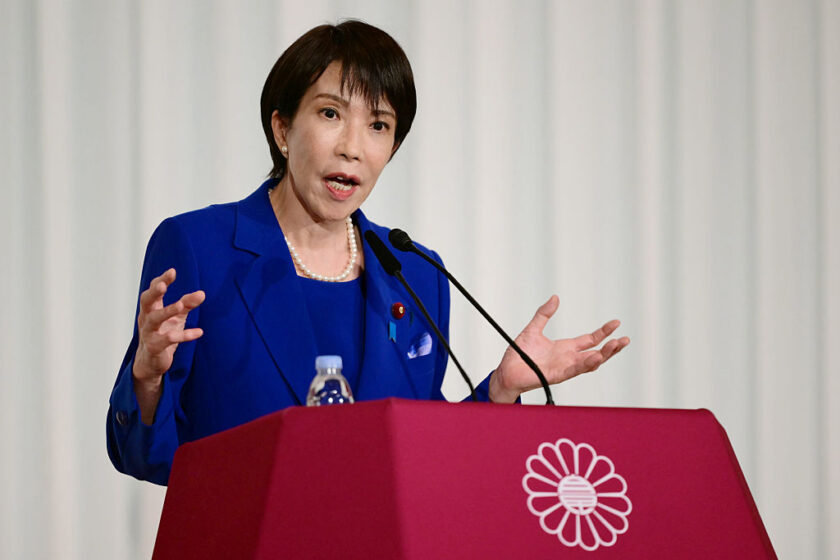Phnom Penh : Cambodia – In a sweeping move that has stirred both national and international debate, the Cambodian Parliament has unanimously passed a constitutional amendment granting the government the power to revoke the citizenship of individuals found guilty of conspiring with foreign entities to harm national interests.
The amendment, which modifies Article 33 of the Cambodian Constitution, was passed on Friday by all 125 members of the National Assembly. It paves the way for legislation enabling the revocation of citizenship for acts deemed treasonous or in collusion with foreign powers.

Government Says It’s a Security Measure; Critics Call It a Tool for Suppression
Prime Minister Hun Manet, who endorsed the amendment, described it as a “necessary step to safeguard national security”, particularly amid ongoing tensions with neighboring Thailand. However, opposition leaders and civil rights groups have strongly criticized the move, calling it a tactic to silence dissent and intimidate political rivals.
“This amendment goes beyond political ideology,” said a rights advocate in Phnom Penh. “It opens the door to target dual nationals, opposition voices, and even journalists under the vague pretext of national betrayal.”
The law applies not only to naturalized citizens but also to those born Cambodian, including individuals who hold dual nationality—a category that includes several prominent opposition figures.
Justice Ministry to Draft Enabling Law Soon
Justice Minister Koeut Rith confirmed that the government would soon introduce a legal framework to implement the new powers. He claimed that some Cambodian nationals have “acted in coordination with foreign nations to harm the country,” indirectly referring to a border clash with Thailand in May 2025 that resulted in the death of a Cambodian soldier.
The backdrop to this amendment includes growing tension following a leaked audio recording of Thai Prime Minister Paetongtarn Shinawatra reportedly discussing border issues with Hun Sen, the former Cambodian Prime Minister and father of Hun Manet. The leak led to political turmoil in Thailand, with Shinawatra being suspended by the Thai Constitutional Court over concerns about her conduct.

Regional Tensions and International Concerns
The constitutional change comes at a sensitive time for Cambodia, which has petitioned the International Court of Justice in The Hague to mediate its longstanding border disputes with Thailand, including claims over ancient temple sites.
Opponents argue that the timing of the amendment—soon after Hun Sen called for legal action against critics—indicates a broader crackdown on political opposition. They also warn that it may deter diaspora engagement and deepen domestic polarization.
Both Hun Manet and Hun Sen have defended the amendment, claiming that similar laws exist in democratic countries such as the United States. “This is not about silencing anyone,” Hun Manet said. “This is about protecting Cambodia from betrayal.”
What’s Next?
The Cambodian government is expected to introduce formal legislation in the coming weeks that will define the scope, process, and legal standards for stripping citizenship. Legal experts and human rights groups are calling for transparency and judicial oversight to ensure the law is not misused for political retaliation.
As regional instability grows and geopolitical rivalries escalate in Southeast Asia, the amendment is seen as a bold but controversial step by a government increasingly focused on internal consolidation and external posturing.
International observers, including the UN Human Rights Office, are closely monitoring developments, as the legislation could have far-reaching implications for human rights, civil liberties, and regional diplomacy.









